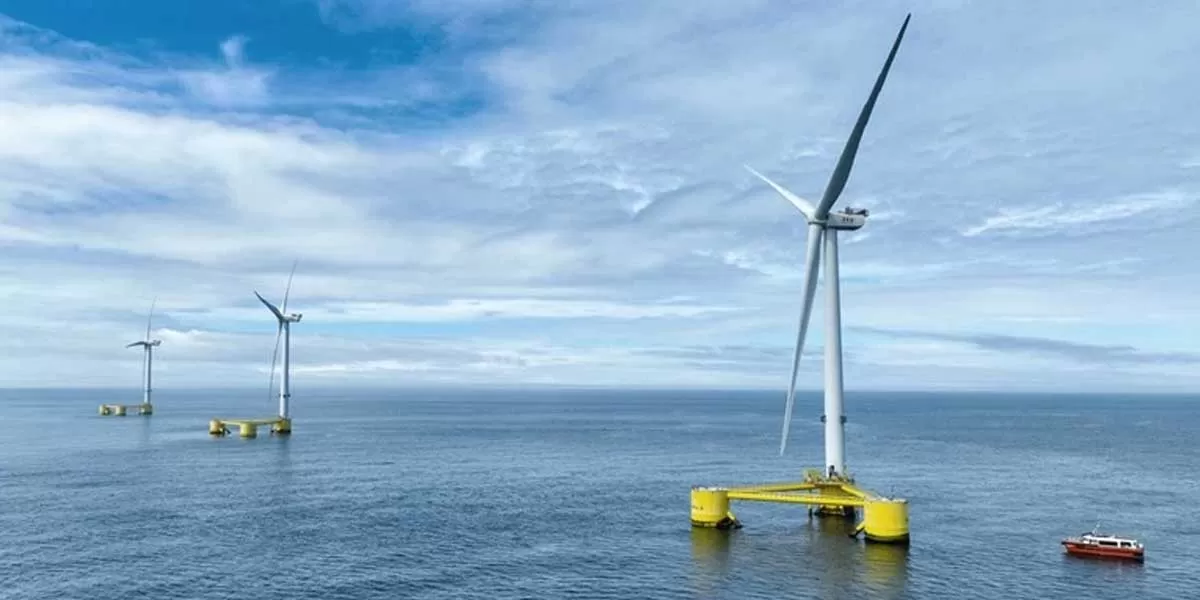

Odisha To Get Six New Amrit Bharat Express Trains
Indian Railways is set to significantly expand the footprint of the Amrit Bharat Express in Odisha with the introduction of six new services that will pass through several major stations across the state. With this addition, the total number of Amrit Bharat Express trains operating through Odisha will rise to seven. At present, Odisha is served by a single Amrit Bharat Express on the Berhampur–Udhna (Surat) route. The East Coast Railway said the newly introduced non-air-conditioned sleeper trains are designed to improve passenger comfort through modern LHB coaches, enhanced seating layouts ..

Prestige Group Buys 16.38-Acre Land Parcel in Chennai
Bengaluru-based Prestige Group has announced that Canopy Living LLP, a joint venture between Prestige Estates Projects Limited and Arihant Foundations and Housing Limited, has signed an agreement to sell for the purchase of a 16.381-acre land parcel in Padi, Chennai. The company said the site is strategically located close to Anna Nagar, one of Chennai’s most established residential micro-markets, known for its strong social infrastructure, connectivity and mature residential character. The acquisition aligns with Prestige Group’s strategy of deepening its presence in high-quality urban l..

Rs 33.6 Billion Export Credit Sanctioned Under CGSE
Lenders have sanctioned Rs 33.62 billion to 774 applicants under the Rs 200 billion Credit Guarantee Scheme for Exporters (CGSE) within a month, aimed at supporting exporters facing pressure from steep US tariffs. The scheme, approved by the Union Cabinet on November 12, provides 100 per cent credit guarantee cover through the National Credit Guarantee Trustee Company Ltd to member lending institutions for extending additional credit facilities of up to Rs 200 billion to eligible exporters, including micro, small and medium enterprises. CGSE was made operational on December 1, 2025, enabling..
















